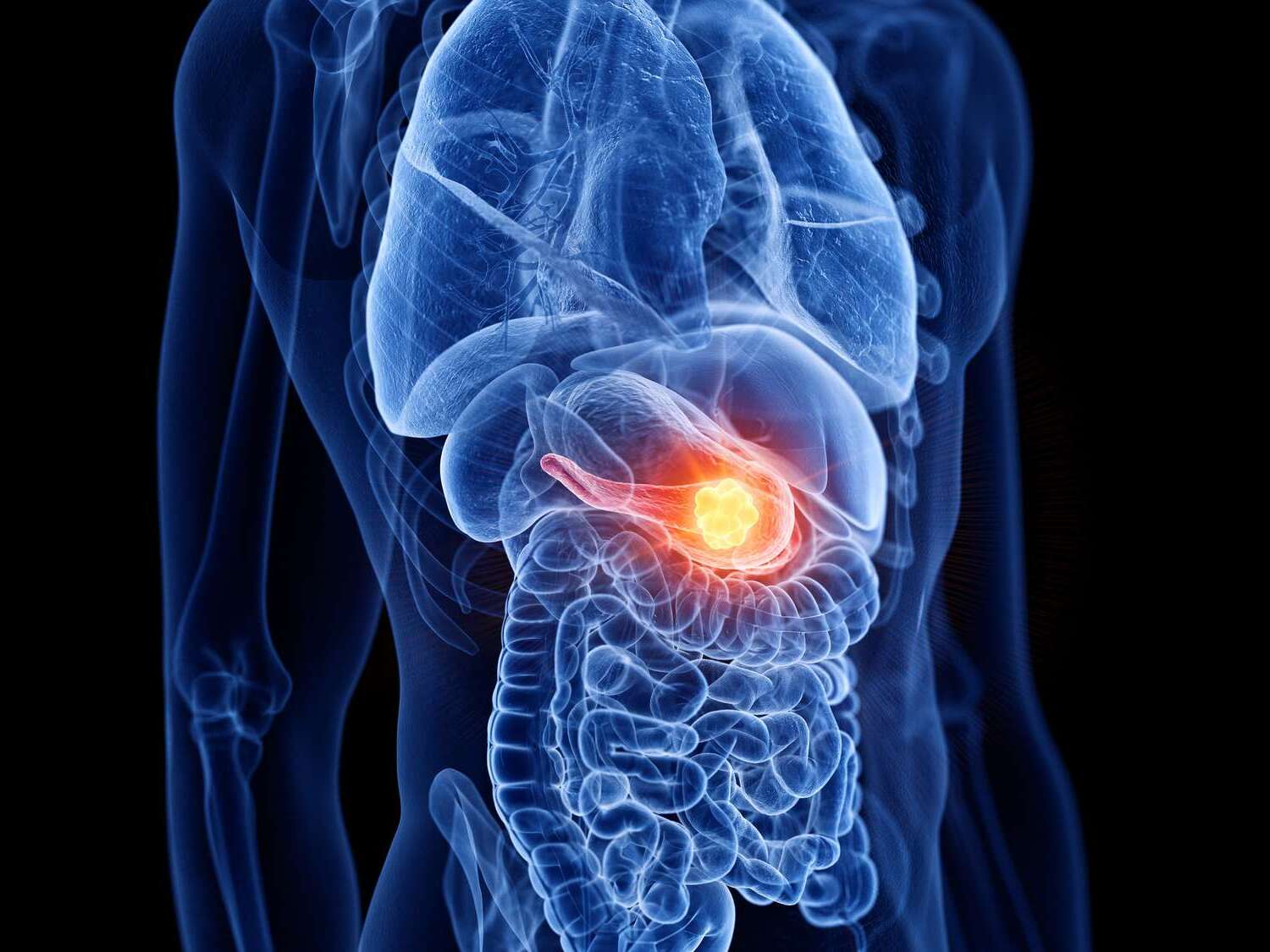
Pancreatitis is a condition that can cause significant discomfort and health issues. But what exactly is it? Pancreatitis is the inflammation of the pancreas, an organ crucial for digestion and blood sugar regulation. This condition can be acute, appearing suddenly and lasting days, or chronic, developing over many years. Symptoms often include severe abdominal pain, nausea, vomiting, and fever. Causes range from gallstones and alcohol consumption to certain medications and genetic factors. Understanding pancreatitis is essential for managing its symptoms and preventing complications. In this post, we'll explore 50 facts about pancreatitis to help you better understand this condition and its impact on health.
What is Pancreatitis?
Pancreatitis is a condition where the pancreas becomes inflamed. This organ, located behind the stomach, plays a crucial role in digestion and blood sugar regulation. Here are some intriguing facts about pancreatitis.
- Pancreatitis can be acute or chronic.
- Acute pancreatitis occurs suddenly and lasts for a short period.
- Chronic pancreatitis is a long-lasting inflammation that can lead to permanent damage.
- Gallstones are a common cause of acute pancreatitis.
- Heavy alcohol consumption is a leading cause of chronic pancreatitis.
- Symptoms include severe abdominal pain, nausea, and vomiting.
- Pancreatitis can cause fever and rapid pulse.
- In severe cases, pancreatitis can lead to organ failure.
- Blood tests can help diagnose pancreatitis by measuring enzyme levels.
- Imaging tests like CT scans and MRIs are used to view the pancreas.
Causes and Risk Factors
Understanding what triggers pancreatitis can help in prevention and management. Here are some key causes and risk factors.
- High triglyceride levels can increase the risk of pancreatitis.
- Certain medications can cause pancreatitis as a side effect.
- Genetic mutations can predispose individuals to pancreatitis.
- Autoimmune diseases can lead to pancreatitis.
- Infections like mumps can cause pancreatitis.
- Abdominal surgery can sometimes trigger pancreatitis.
- Cystic fibrosis is a genetic disorder that can cause pancreatitis.
- Smoking increases the risk of developing pancreatitis.
- Obesity is a significant risk factor for pancreatitis.
- A family history of pancreatitis increases your risk.
Symptoms and Diagnosis
Recognizing the symptoms early can lead to prompt treatment. Here are some facts about the symptoms and diagnosis of pancreatitis.
- Pain from pancreatitis often radiates to the back.
- Eating can worsen the pain associated with pancreatitis.
- Jaundice, or yellowing of the skin, can occur if the bile duct is blocked.
- Unintentional weight loss is a common symptom of chronic pancreatitis.
- Fatty stools, known as steatorrhea, can indicate chronic pancreatitis.
- Blood tests can reveal elevated levels of amylase and lipase.
- Endoscopic ultrasound is a specialized test for diagnosing pancreatitis.
- Magnetic resonance cholangiopancreatography (MRCP) is a non-invasive imaging test.
- A biopsy may be performed to rule out pancreatic cancer.
- Early diagnosis is crucial for effective treatment.
Treatment and Management
Managing pancreatitis involves a combination of medical treatments and lifestyle changes. Here are some important facts about treatment and management.
- Hospitalization is often required for acute pancreatitis.
- Fasting gives the pancreas time to recover.
- Intravenous fluids help maintain hydration and blood pressure.
- Pain management is crucial for pancreatitis patients.
- Enzyme supplements can aid digestion in chronic pancreatitis.
- A low-fat diet is recommended to reduce pancreatic strain.
- Avoiding alcohol is essential for managing chronic pancreatitis.
- Surgery may be necessary to remove gallstones or part of the pancreas.
- Endoscopic procedures can help remove blockages in the bile duct.
- Long-term management includes regular monitoring and follow-up care.
Complications and Prognosis
Pancreatitis can lead to several complications, affecting the overall prognosis. Here are some facts about the potential complications and outcomes.
- Pancreatic pseudocysts can form as a complication.
- Infected pancreatic necrosis is a severe complication requiring surgery.
- Chronic pancreatitis can lead to diabetes due to damaged insulin-producing cells.
- Malnutrition is a risk due to impaired digestion.
- Pancreatic cancer risk increases with chronic pancreatitis.
- Respiratory problems can occur due to inflammation spreading to the lungs.
- Kidney failure is a possible complication of severe pancreatitis.
- The prognosis depends on the severity and cause of pancreatitis.
- Early treatment improves the chances of a full recovery.
- Ongoing research aims to find better treatments and improve outcomes for pancreatitis patients.
Final Thoughts on Pancreatitis
Pancreatitis is a serious condition that affects the pancreas, causing inflammation and pain. Knowing the symptoms like severe abdominal pain, nausea, and vomiting can help in early detection. Risk factors include heavy alcohol use, gallstones, and certain medications. Treatment often involves hospitalization, fasting to rest the pancreas, and pain management. Long-term management may require lifestyle changes such as a low-fat diet and avoiding alcohol.
Understanding the causes and symptoms can lead to better prevention and quicker treatment. If you or someone you know shows signs of pancreatitis, seek medical attention immediately. Early intervention can make a significant difference in outcomes. Stay informed and proactive about your health to manage or prevent this condition effectively.
Was this page helpful?
Our commitment to delivering trustworthy and engaging content is at the heart of what we do. Each fact on our site is contributed by real users like you, bringing a wealth of diverse insights and information. To ensure the highest standards of accuracy and reliability, our dedicated editors meticulously review each submission. This process guarantees that the facts we share are not only fascinating but also credible. Trust in our commitment to quality and authenticity as you explore and learn with us.


